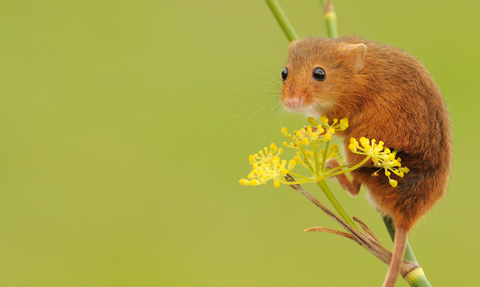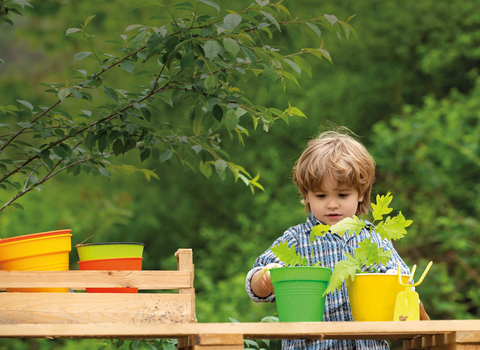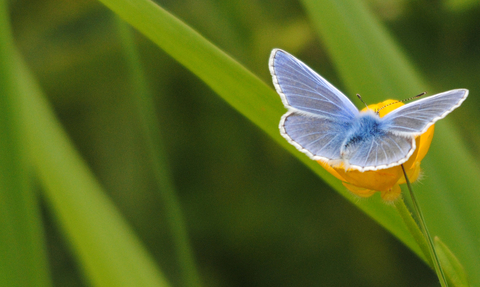
Wildlife Emergency Fund
Cornwall’s rugged beauty and wild landscapes can blind us to a disturbing reality. Nature in Cornwall is being pushed to the brink and wildlife is declining at a shocking rate. The sights and sounds which, only a few generations ago, would have been familiar are now increasingly rare. Many species have simply not been able to adapt to changes humans have brought about in our landscapes and climate. Pollution, intensive agriculture, and urbanisation are all squeezing Cornwall’s habitats. The result is that much-loved common species are disappearing from our local countryside, villages, and towns.
The alarming truth is that over the last thirty years nearly half of terrestrial mammals and three fifths of butterflies are found in fewer places. In addition, nearly half of breeding birds have declined. In a short space of time, unique and precious species have started to disappear from our landscapes in a dramatic way. There is evidence that, since the 1970s 21 breeding birds and 8 species of bee have become extinct in Cornwall.

Young boy planting seeds
We need to act!
A healthy and functioning natural environment is essential for every species and organism on this planet – and that includes humans. Nature is not an optional extra, a ‘nice to have’. Our lives are reliant on healthy soils, fresh water, diverse plants, bacteria, fungi, and animals. And in Cornwall nature provides us with sublime beauty and makes a huge difference to our positive mental wellbeing. We cannot live without nature.
Your donation to the Wildlife Emergency Fund will help reverse the decline which is happening all around us. By supporting vital conservation work on land, you will help struggling species which are currently clinging on for survival. Each day, Cornwall Wildlife Trust staff and volunteers are on the ground working to create a Cornwall where nature thrives. The Wildlife Emergency Fund makes core terrestrial projects possible so that we can look to the future with greater hope for nature.
Callum Deveney, Director of Nature Recovery

WildNet - Amy Lewis
Wildlife Emergency Fund
Cornwall Wildlife Trust has helped bring beavers back to Cornwall more than 400 years after they were hunted to extinction. This reintroduction, in partnership with Woodland Valley Farm and the Beaver Trust, has led to thirteen species of previously absent birds and mammals being recorded on the site. We are working to reintroduce more species that could help restore balance to our ecosystems, including the first licensed release of beavers into the wild at our Helman Tor nature reserve, near Bodmin. Beavers have the incredible and unique ability to make Cornwall more resilient to both drought and flooding, and the new wetlands they create also capture carbon.
With more than 70% of Cornwall being used to produce food, Cornwall Wildlife Trust works collaboratively with farmers with the aim of bringing nature back. We believe that farmers and conservationists must work together to benefit long-term food production and biodiversity. Our specialist staff of farm advisers and ecologists build relationships with farmers across Cornwall, offering in-depth knowledge of current legislation and best practice management of specialist species.
The Wildlife Emergency Fund also supports our work with precious species which face particular risks, such as hedgehogs (which are classified as at risk of extinction) and badgers. We have been working on the issue of badgers and TB in cattle for several years with many groups, including local farmers, scientists from the Zoological Society of London (ZSL), landowners, vets and academics. Badgers have been vaccinated on several of our reserves and we have worked with a group of farmers in mid-Cornwall to vaccinate badgers as an alternative to culling.

Badger ©Jon Hawkins - Surrey Hills Photography





